Professional Curiosity & Challenge
Learning from safeguarding audits and reviews has told us we need to better embed:
- What it means to be professionally curious and challenging in the Wakefield District
- Why it is important
- What to listen and look out for
- How to check what is being said
- What resources can be used to support you in your role
WSCP has produced some resources to support those who work or volunteer with children and families to support practitioners to have the knowledge and confidence in practicing effective professional curiosity and challenge on an every day basis. These are resources include:
- WSCP Professional Curiosity and Challenge Learning Briefing
- Sessions from Yorkshire & Humber Multi-Agency Safeguarding (YHMAST) Conference on Professional Curiosity (March 2023)

-
Show details
 What is Professional Curiosity ?
What is Professional Curiosity ? Professional curiosity involves looking, listening, asking direct questions, checking out and reflecting on what you are seeing and hearing. It needs you to:
– test out your professional feeling by not making assumptions
– checking out information from different places (known as triangulating) to gain a better understanding of children and family functioning
– getting an understanding of children’s and family’s past history which may help you think about what may happen in the future
– not accepting a single set of details that you are given at face value
– being mindful of your own personal bias and how this affects what you are seeing and hearing
– being respectively nosey
– recognise when there is disguised compliance
-
Show details
 Why do we need to be Professionally Curious?
Why do we need to be Professionally Curious? Not being professionally curious or challenging can lead to:
– less obvious indicators of abuse, neglect, significant harm and vulnerability being missed
– making inaccurate assumptions when assessing needs putting the child and family at greater risk
– wrong intervention for a child and family being delivered
WSCP Professional Curiosity & Challenge Learning Briefing
The WSCP Professional Curiosity & Challenge Learning Briefing provides easy read guidance for anybody who works or volunteers with children and families on:
- What professional curiosity and challenge is
- What it means to be curious and challenging
- Why it is important
- Approaches to take when looking, listening, asking and checking out
- 4 case studies based on safeguarding reviews which have occurred in the Wakefield District
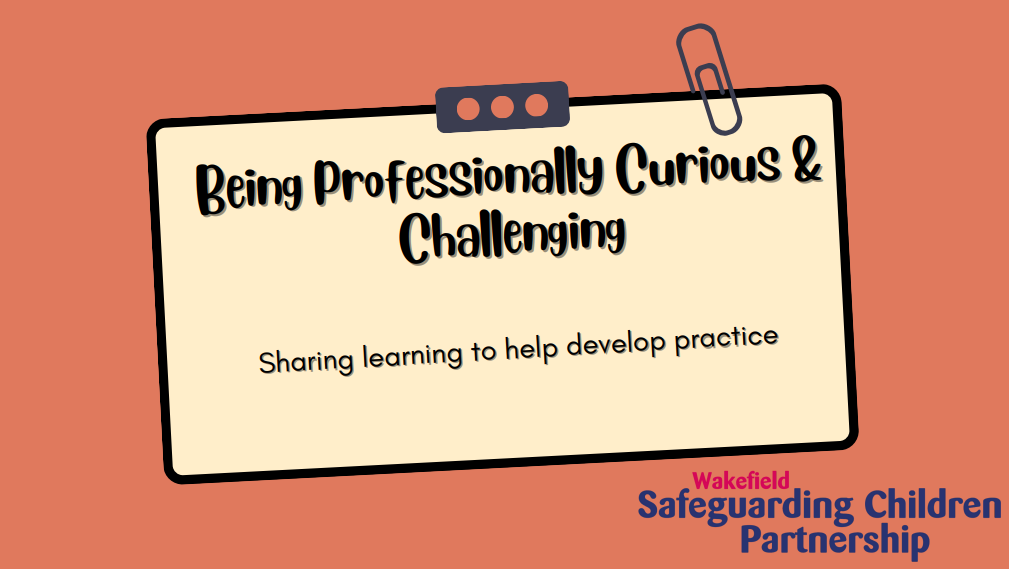
How should the briefing be used?
The briefing aims to raise awareness about how to be professionally curious and challenging in the Wakefield District.
This briefing should be used in a number of different ways:
- For personal professional development
- Team meetings / peer support sessions
- Part of single and multi-agency training
- Reflect on as part of supervision
The briefing should be used either in its entirety or focus on specific parts as you see fit. The briefing is interactive, so by using the menu bar you focus on specific parts as you see fit.

YHMAST Conference on Professional Curiosity
March 2023
YHMAST (Yorkshire and Humber Multi Agency Safeguarding Trainers), which WSCP is apart of, arranged a series of webinars on Professional Curiosity. The webinars were delivered leading experts on different aspects of professional curiosity. We’ve listed below all the recorded sessions and presentation slides to help support and develop your practice.
YHMAST Conference sessions:
-
Show details
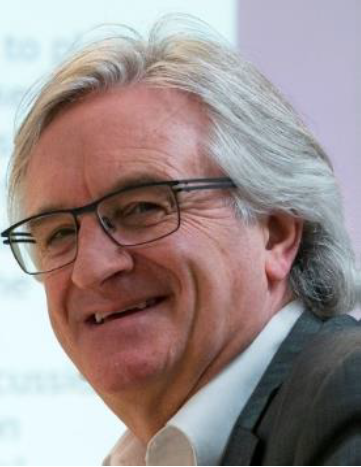 Session #1: Contemporary research around the importance of professional curiosity
Session #1: Contemporary research around the importance of professional curiosity
By Professor David Shemmings OBE. PHDThe opening session provided an introduction into the importance around contemporary research on professional curiosity, and given its complex nature, its importance in child protection work. David’s research into this area is second to none and is essential in understanding how and why we need to prioritise curiosity and challenge. Take a look, in particular at his work around jargon busting, rating attunement, the What Works Centre and self reflection on unconscious bias!
Click here to download the presentation slides
David is Emeritus Professor of Child Protection Research at the University of Kent and Visiting Professor of Child Protection Research at Royal Holloway, University of London. In 2010, he co-authored a government-funded, C4EO Knowledge Review on ‘Working with Highly Resistant Families’ and is the author of more than 60 articles, books and chapters on relationally-based social work theory, research and practice.
He was awarded an OBE in the Queen’s Birthday Honours list in June 2014 for ‘Services to Child Protection’. Currently, Professor Shemmings leads the Advanced Child Protection stream within the West London Alliance Post-qualifying Initiative (involving eight London boroughs) and directs the Attachment and Relationship-based Practice training in 40 child protection organisations across the UK and Europe.
-
Show details
 Session 2#: Supervising a Professionally Curious Workforce
Session 2#: Supervising a Professionally Curious Workforce
By Farrah Khan MBEThis session provided an overview on how to support those in supervisory roles in creating a culture of professional curiosity & challenge within the context of practice. This session explored barriers to professional curiosity, myth busting, tools and aids within supervision that empower practitioners to be curious.
Farrah Khan qualified as a social worker in 2002 after working in the voluntary and EY sector and currently works in Leeds as the Chief Officer for Family Help.
Farrah has extensive experience in safeguarding and partnership working and has worked a variety of roles throughout her career including Social Worker, Advanced Practitioner, Child Protection Chair, Adoption Panel Member, Team Manager, Service Manager for Front Door, Principal Social Worker, and Head of Service for the Integrated Safeguarding Unit in Leeds.
Farrah has been involved in driving national, regional, and local learning in her role as Principal Social Worker and Chair of the National Principal Social Workers Network and delivered training on a range of issues including domestic violence, equality and diversity, relationships in social work, emotional resilience and decision making.
-
Show details
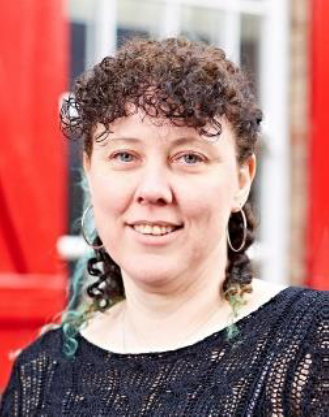 Session #3: Curiosity in Practice: Why we need to understand the digital world with empathy
Session #3: Curiosity in Practice: Why we need to understand the digital world with empathy
By Catherine Knibbs, Human Behaviour TechnologistAn eye opening session on the process of working with clients and patients who use, consume and are living in a world surrounded by digital technologies. Excellent discussions on what empathy, compassion and social injustice look like in a world of ubiquitous and exponential systems that are heading into the everyday lives of practitioners, children and families. Key areas focussed on a ‘how and what-to-do approach’ given the current lack of legislation available for professionals to lean on, whilst the Online Safety Bill and age assurance processes are put in place at governmental levels.
Click here to access the recording
Click here to download the presentation slides
Cath is an author, clinician, researcher, educator, speaker, and mum with a background in the Armed Forces Engineering and Optronics, IT, Gaming and Psychology alongside Functional Health and her other passion of Neuroscience. She is a polymath and pattern recognition nerd. She synthesises the presenting issues that people bring to her clinic around online harms and our behaviours online with child development theories, science, and research to highlight the larger issues at hand for the human race. She is a futurist regarding the issues we face as we progress with exponential technology. She is an advocate for ethical tech and our rights and freedoms to privacy and protection now and in the future. She educates professionals on data protection, cybersecurity and privacy laws and provides online safeguarding training to give those responsible for children a wakeup call as to the spaces children need protection in and around. She is in the middle of her PhD and writing another book or two, blogging and finding time to sleep. She hasn’t invented a time expansion machine yet to assist with all the things she has yet to achieve. Visit Children and Technology to learn more.
-
Show details
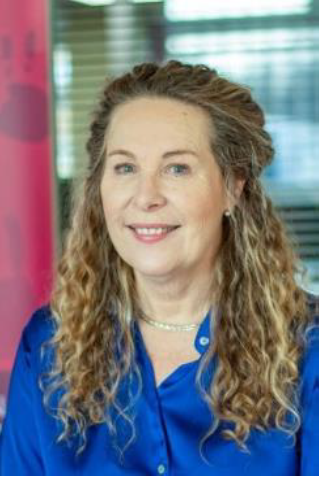 Session #4: Disrupting Perpetrators through a professionally curious multi-agency approach
Session #4: Disrupting Perpetrators through a professionally curious multi-agency approach
By Lin Sands, NWGThis session focussed on how to disrupt perpetrators through a professionally curious multi-agency approach to exploitation. An overview of the NWG Disruption Toolkit, advice on how to get the most from the toolkit as well as highlights around some of the techniques contained in the toolkit.
Click here to download an overview of the presentation
Lin has more than 30 years of safeguarding/investigation experience gained from an extensive career in the police force.
Lin is a highly qualified Safeguarding Subject Expert, Expert Witness, Advocate, and nationally renowned Safeguarding Trainer/Consultant. In addition, she is a highly regarded Independent Investigator/Risk Assessor, Coach and Mentor.
Lin is a former Regional Practice Co-Ordinator with the National Counter Trafficking Service (Barnardo’s) where she undertook a variety of roles including Independent Child Trafficking Guardian, Facilitator/Modern Slavery Act Advisor/Risk Assessor.
Lin also holds a master’s degree in Disability Studies; her dissertation focused about access to justice & particularly the use of Special Measures for ‘Vulnerable Witnesses/Defendants’, within the Criminal Justice process.
Visit Meet the team – NWG Network to learn more
-
Show details
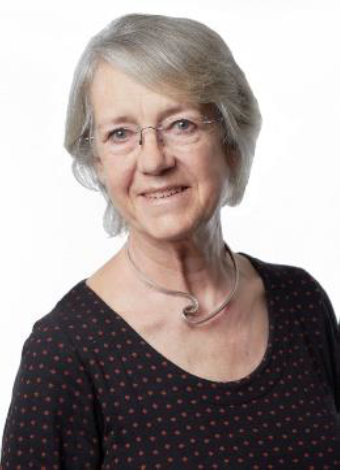 Session #5: Disguised compliance
Session #5: Disguised compliance
By Ruth PearsonThis session provided a mix of practical advice which linked in from key themes taken from safeguarding practice reviews.
The content identifies and addresses concerns about working with families who are partially compliant or who deliberately mislead agencies. Along with learning from practice, research and safeguarding practice reviews regarding the implications for work to safeguard children in these families.
Key themes from the session included understanding patterns of behaviour that indicate deception and risk and increase ability to assess risk to children living in families where their lived experience is not fully understood. The session provided takeaways on the key skills to needed to identify and challenge deliberate avoidance and misrepresentation.
Click here to download the presentation slides
Ruth Pearson has over 30 years’ experience in the field of safeguarding children, originally as a practicing social worker and subsequently as a Senior Practitioner in Child Protection. She then became involved in multi-agency child protection training and development and managed safeguarding training services for two ACPCs/LSCBs. She has an MA in Child Welfare and Protection, from Huddersfield University.
Ruth has taught on undergraduate, postgraduate, and post qualifying social work courses at both Sheffield Hallam University and the University of Sheffield. She is the author of Working with Hostile or Uncooperative Families in Good Practice in Safeguarding Children (Hughes & Owen, 2009) and guidance on Disguised Compliance for Community Care Inform (2013). She has been the independent author of several Serious Case Reviews and Audits of Practice for LSCBs using Appreciative Inquiry methods.

More resources
Take a look at our new One Minute Guide on Professional Curiosity & Challenge


